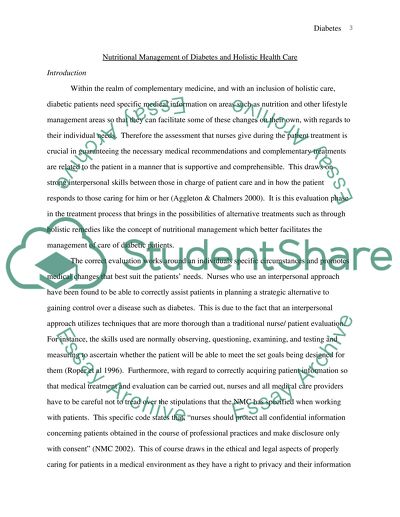Cite this document
(“Nutritional Management Essay Example | Topics and Well Written Essays - 1750 words”, n.d.)
Retrieved from https://studentshare.org/health-sciences-medicine/1520747-nutritional-management
Retrieved from https://studentshare.org/health-sciences-medicine/1520747-nutritional-management
(Nutritional Management Essay Example | Topics and Well Written Essays - 1750 Words)
https://studentshare.org/health-sciences-medicine/1520747-nutritional-management.
https://studentshare.org/health-sciences-medicine/1520747-nutritional-management.
“Nutritional Management Essay Example | Topics and Well Written Essays - 1750 Words”, n.d. https://studentshare.org/health-sciences-medicine/1520747-nutritional-management.


